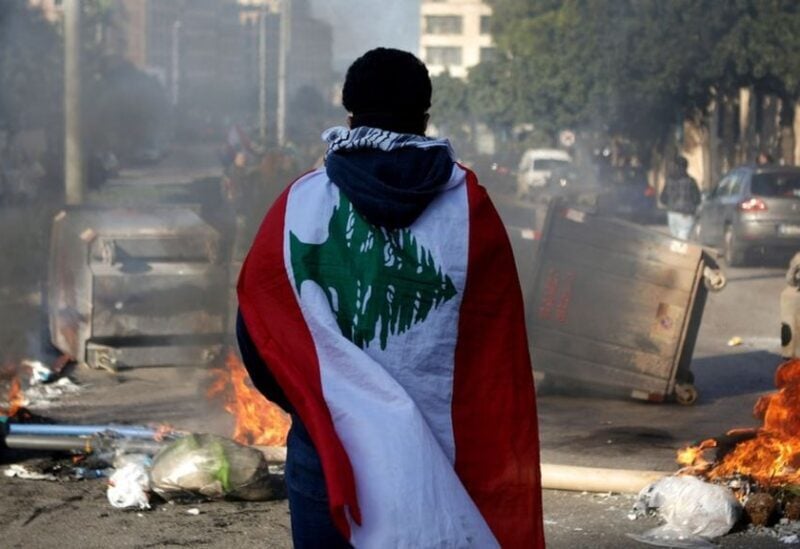
“Is it possible for this to happen in Lebanon? I feel sorry for this beautiful country, the country of culture, art and awe-inspiring nature. I feel sorry for the people who are living in a way that is unacceptable to any creature,” Khalaf Al Habtoor, the Emirati businessman known for his famous investments in Lebanon, said in a tweet.
As an Arab citizen who cares about Lebanon, Al Habtoor also asks a question that crosses the mind of each and every free human being: when will the world take action to save the Lebanese people who have been held captive by a militia that destroyed them? When will the world take action to save Lebanon from the Iranian occupation?
Perhaps, those who took to twitter to describe what’s happening in Lebanon as “a life of humiliation” and “shocking scenes of clashes between the Lebanese in commercial stores over subsidized foodstuffs” are even considering those incidents to be a small part of a much bigger scene.
The world is watching and hearing the dire conditions Lebanon has reached, whether in terms of the stifling crisis or the political battles between those who share power and which do not yield any outcome. In return, world countries abstain from helping Lebanon because Hezbollah is controlling the public life.
The silence of the French ambassador to Beirut following her visit to Lebanese President Michel Aoun in Baabda is undoubtedly added to the initiative of her president Macron which considers that the solution lies in a government where quotas shall be covertly distributed among politicians.
As well, the attempt of the U.S. ambassador to Beirut to minimize Lebanon’s crisis as a whole, considering it as a mere dispute over sharing power, is another stance that would cover up for the Iranian occupation and would lead to not calling things by their proper name.
The statement issued by the Saudi ambassador to Beirut, however, is the only stance that sheds light on the reality of the sovereign crisis in Lebanon, suggests a cure-all according to Lebanon’s interest, and fuels the popular spirit that longs for change in a country that needs a capacity for self-determination.
Truth be told, the Kingdom of Saudi Arabia has always supported Lebanon and the Lebanese people, and history is full of evidence for that. The Saudi ambassador’s statement, which was issued a few days ago, confirmed this fact, clarified a lot of matters and put things into perspective.